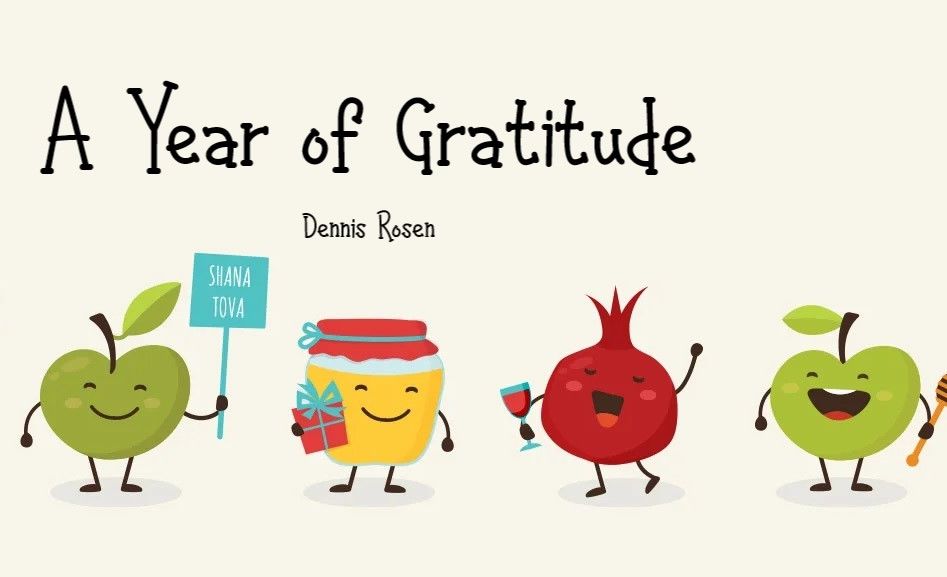
No Room for Doubt
If one mistakenly perceives that there is bad in this world, then he is treated according to his (lack of) emuna. And then, the bad will become worse…

Translated by Rabbi Lazer Brody
‘Doubt’ in Hebrew is safek, with a numerical value of 240. ‘Amalek,’ one of the nicknames of the Evil Inclination, also has a numerical value of 240. We consequently learn that any doubt in our emuna comes directly from the Evil Inclination. Whenever the Torah alludes to Amalek, it is also referring to an attack on our emuna.
We must strengthen our emuna to the extent that we extinguish any doubt that Hashem runs the world. The very first principle of our faith states that Hashem alone did, does, and will do everything. Since everything He does is only for good, then believing that anything is otherwise is virtually a denial of Hashem, G-d forbid.
There are three types of heresy:
The first is pure atheism, where a person doesn’t believe at all in Hashem.
The second type of heresy is a belief in a Higher Power, but a denial of Divine Providence. This is the denial that Hashem personally guides and governs our lives. This type of heresy is manifest by belief in  happenstance and nature. It also leads to blaming others and/or self-persecution for life’s setbacks and hardships.
happenstance and nature. It also leads to blaming others and/or self-persecution for life’s setbacks and hardships.
The third type is belief in Hashem and Divine Providence, but denial that Hashem runs the world with complete loving-kindness and mercy.
By giving thanks to Hashem for everything in our lives – good and seemingly otherwise – we avoid all types of heresy. We must pray and seek Hashem’s assistance that no bad thought or denial of Him should ever enter our minds. We should never refer to anything that happens in our lives as “bad,” Heaven forbid. Rather, we should believe that everything is intrinsically good, and give thanks wholeheartedly as Jewish Law tells us to. We should say, “I certainly believe that everything is for the good, and that (insert problem here) is for my ultimate benefit. Thank You Hashem!”
There are many reasons and explanations for why thanking Hashem for one’s suffering ultimately brings salvation.
First, gratitude invokes Divine compassion. We see this clearly in our own lives: Whenever someone thanks us from the heart, we want to do more and more for that person. Accordingly, someone who ignores or denies a favor we did for them destroys any desire we might have to help them ever again.
An additional reason that gratitude leads to salvation is found in the Talmudic rule (Makot, 10b) that a person is led down the path that he chooses to follow. If he believes that everything is for the good according to the principles of emuna, then the reality truly becomes good for him. In contrast and by the same token, if one mistakenly perceives that there is bad in this world, then he is treated according to his (lack of) emuna, and the bad not only becomes manifest – it becomes worse.
The third reason is that when a person gives thanks, he actively fulfills the goal of all creation. Rebbe Nachman of Breslev explains (Likutei Moharan, I:64), “Hashem created this world because of His mercy, and He created the entire world in order to reveal His mercy.” By believing that everything is good and thanking Hashem for everything, a person binds himself to the Creator in that he fulfills Hashem’s ultimate goal for creating the universe. Hashem’s mercy will always prevail over such a person and constantly increase.
The Slonimer Rebbe explains that when a person shows gratitude for suffering, he accepts the actions of Hashem. Measure for measure, Hashem then accepts the actions of that person as well, even if those actions are not so positive just as they are. And Hashem accepts them without judgment – only with love and mercy. This is yet another reason for salvation being brought into the world through acceptance and gratitude for difficulties.
Gratitude is in essence an admission that a person could not succeed without Divine assistance. It is very difficult for some people to say “thank you.” Gratitude necessitates humility, since it is like saying, “Without your help, I could not have managed.” Additionally, the spoiled person, the haughty person, and the person with a sense of entitlement will never express gratitude wholeheartedly, if at all. As such, ingratitude and arrogance always go together, while gratitude and humility also go hand in hand.
In light of the above, every time a person thanks Hashem, he is in essence admitting that he cannot get along without Him. This brings a person closer to the truth – to Ein od Milvado – “There is non other than Him.” We all need Hashem’s help for every breath and every heartbeat, for without Him, there is nothing, period.











Tell us what you think!
Thank you for your comment!
It will be published after approval by the Editor.